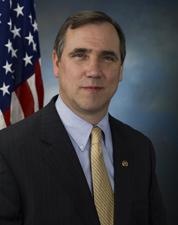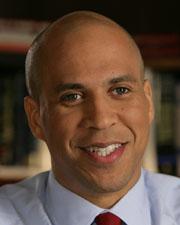0
Perinatal Workforce Act
3/12/2024, 8:06 AM
Summary of Bill S 1710
The bill aims to increase the number of healthcare professionals trained in perinatal care by providing funding for educational programs and scholarships for individuals pursuing careers in this field. It also seeks to improve access to perinatal care in underserved communities by establishing grant programs to support the recruitment and retention of perinatal healthcare providers in these areas.
Additionally, the Perinatal Workforce Act includes provisions to enhance research and data collection on perinatal health outcomes, with the goal of identifying disparities and improving overall maternal and infant health. The bill also calls for the development of best practices and guidelines for perinatal care, in order to ensure that all healthcare providers are delivering high-quality, evidence-based care to pregnant women and newborns. Overall, the Perinatal Workforce Act is a comprehensive piece of legislation that aims to address the critical shortage of perinatal healthcare providers and improve access to quality care for pregnant women and their babies. If passed, this bill has the potential to make a significant impact on maternal and infant health outcomes in the United States.
Congressional Summary of S 1710
Perinatal Workforce Act
This bill establishes programs and requires research to diversify the perinatal workforce and advance respectful maternal care delivery models.
Specifically, the Department of Health and Human Services (HHS) must award grants to education and training programs to grow and diversify the professions that make up the perinatal workforce. HHS must also disseminate guidance on respectful maternal care delivery. This guidance must cover, among other topics, recruiting and retaining maternity care providers from diverse backgrounds and incorporating trained midwives and other perinatal health workers into maternity care teams.
In addition, the National Institutes of Health must study best practices for culturally and linguistically congruent maternity care. This is care that is in agreement with the preferred cultural values, beliefs, languages, worldview, and practices of health care consumers and other stakeholders.
The Government Accountability Office must also report on certain aspects of perinatal health care professions. The report must focus on barriers to entering those professions for low-income and minority women.



